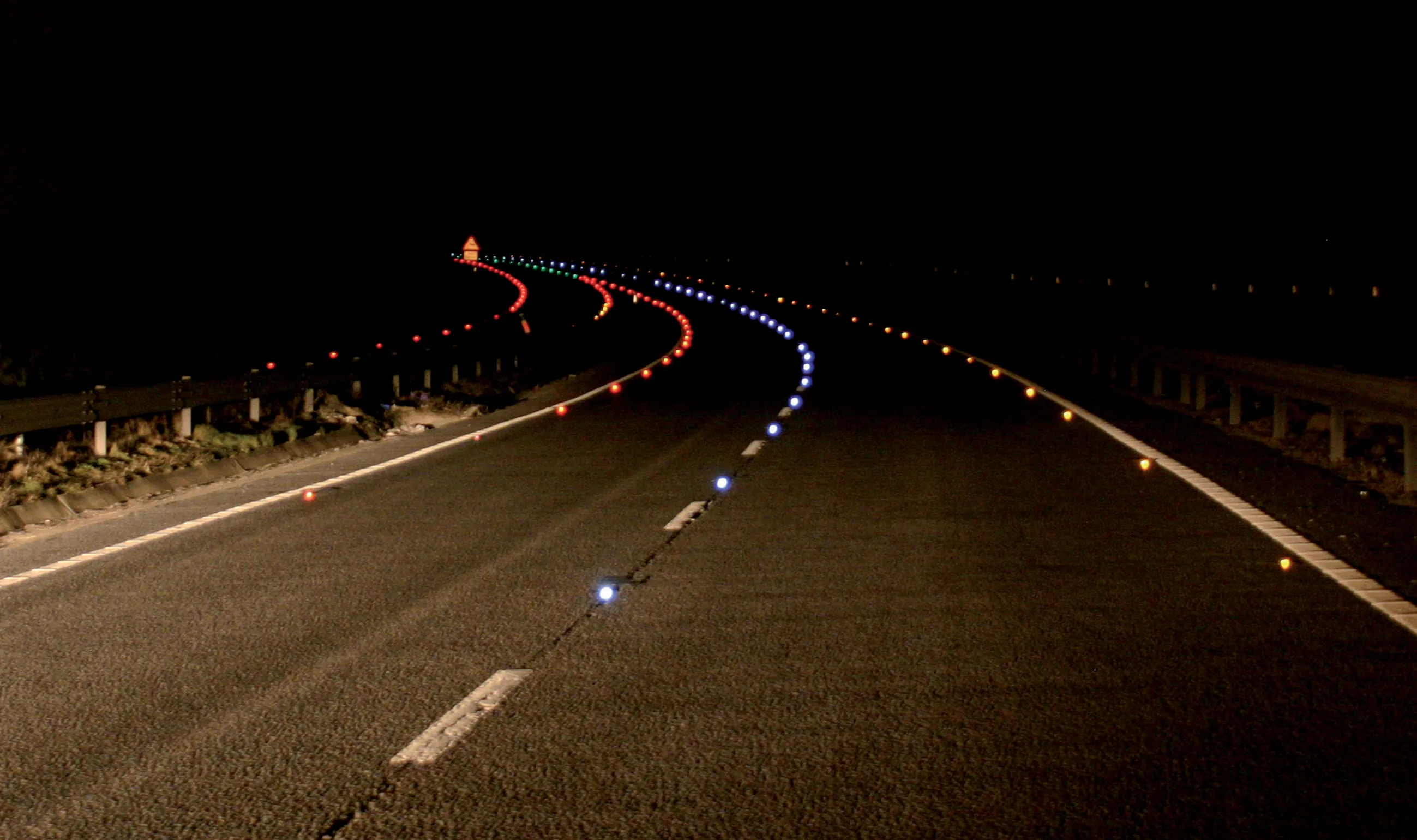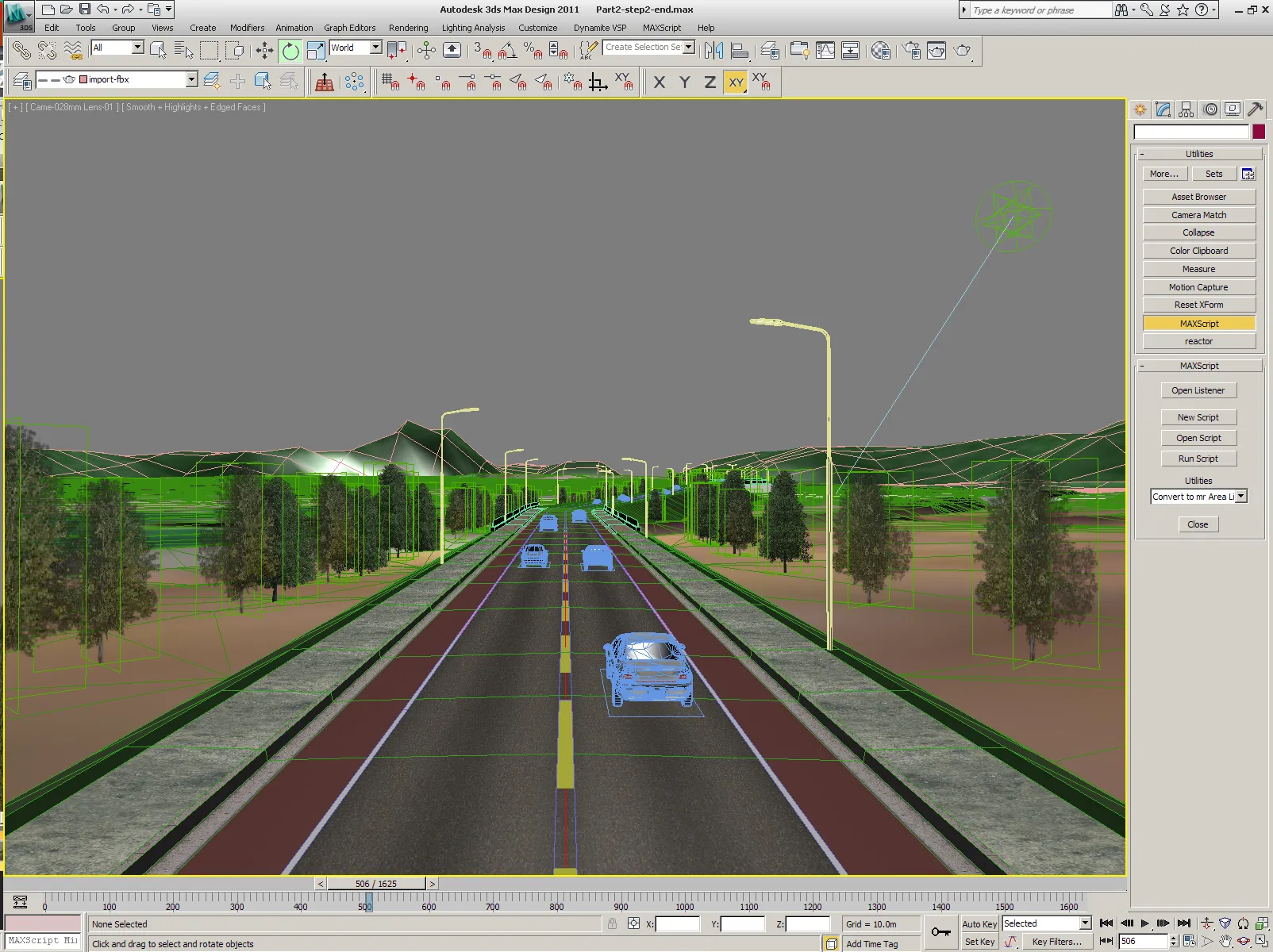Strange Ways is an entertaining book written by a highly experienced civil engineer, Max Lay, based in Australia.
March 5, 2012
Read time: 1 min
Strange Ways is an entertaining book written by a highly experienced civil engineer, Max Lay, based in Australia. His experience stretches back 35 years and his knowledge of the international highway sector is extremely comprehensive. The book details the history of road transport, in a somewhat alternative light. It is sometimes said that to travel is better than to arrive, a saying that perhaps describes Max Lay's book. His amusing narrative twists and meanders along many diverse routes before its end and will afford those interested in the history of road transport an entertaining diversion. It is well worth a read and should provide useful information for students, academics and highway professionals alike. It is also very funny.








